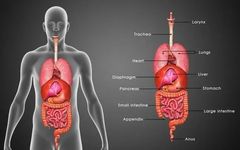There are a total of five organs and six bowels in the human body. The five organs are: Heart (Xin), Liver (Gan), Spleen (Pi), Lung (Fei), and Kidney (Shen); the six bowels refer to the Gallbladder (Dan), Stomach (Wei), Large Intestine (Da Chang), Small Intestine (Xiao Chang), San Jiao (Three Jiao), and Bladder (Pang Guang).
The primary function of the five organs is to store essence and qi; the main physiological function of the six bowels is to receive, digest food and fluids, separate the clear from the turbid, transform essences, and expel waste from the body without retention.
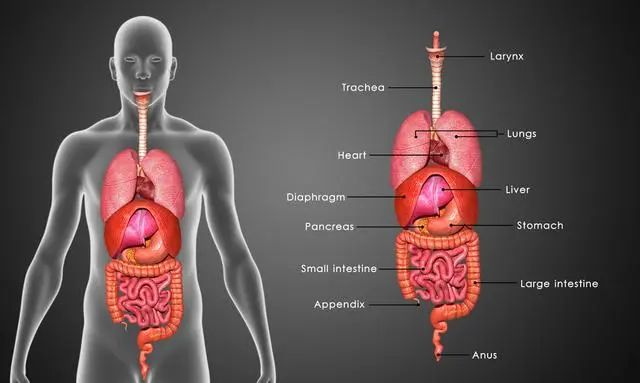
The Relationship Between the Five Organs and Health Preservation
For any issue related to tendons, treating the Liver is appropriate.
For any issue related to bones, treating the Kidney is appropriate.
For any issue related to muscles, treating the Spleen and Stomach is appropriate.
For any issue related to blood vessels, treating the Heart is appropriate.
For any issue related to skin and hair, treating the Lung is appropriate.
Functions of the Five Organs
1. Heart (Xin):
The Heart is the residence of the spirit, the master of blood, and the root of the pulse. It belongs to the Fire element in the Five Elements theory;
Physiological functions: governs blood vessels; governs consciousness; the Heart opens to the tongue, connects with the pulse in the body, manifests on the face, corresponds to joy in emotions, and sweat in fluids. The Heart is interrelated with the Small Intestine.
2. Lung (Fei):
The Lung is the place of the corporeal soul, the master of qi, and belongs to the Metal element;
Physiological functions: governs qi, controls respiration; governs the dispersing and descending of qi; regulates the water pathways; governs the hundred vessels and regulates their flow; assists the Heart in regulating the circulation of qi and blood; the Lung connects to the throat, manifests on the skin, corresponds to grief in emotions, and mucus in fluids. The Lung is interrelated with the Large Intestine.
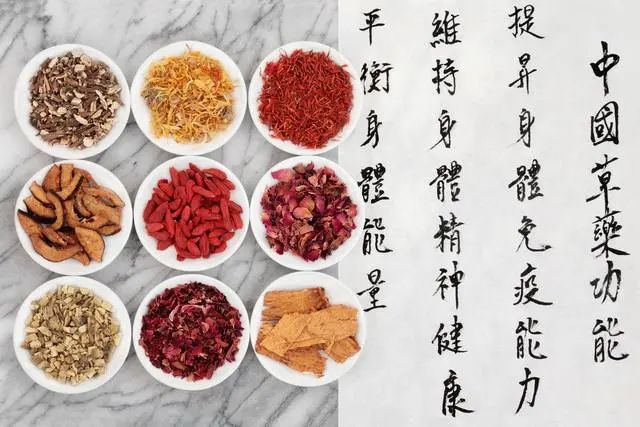
3. Spleen (Pi):
The Spleen is the source of the transformation of qi and blood, the foundation of postnatal life, and stores intention, belonging to the Earth element.
Physiological functions: governs transportation and transformation; governs the rising of clear qi; governs blood regulation; opens to the mouth, connects with the flesh, governs the four limbs, manifests on the lips, corresponds to thought in emotions, and saliva in fluids; the Spleen is interrelated with the Stomach.
4. Liver (Gan):
The Liver is the place of the ethereal soul, the storehouse of blood, and the root of tendons, belonging to the Wood element, and governs the rising and movement.
Physiological functions: governs the smooth flow of qi; stores blood; opens to the eyes, connects with the tendons, manifests on the nails, corresponds to anger in emotions, and tears in fluids; the Liver is interrelated with the Gallbladder.
5. Kidney (Shen):
The Kidney is the foundation of congenital life, stores will, and the waist is the organ of the Kidney, belonging to the Water element;
Physiological functions: stores essence, governs growth, development, and reproduction; governs water; governs the reception of qi; in the body, it corresponds to bones, governs the production of marrow, manifests on hair, opens to the ears and the two yin (anus and perineum), corresponds to fear in emotions, and saliva in fluids; the Kidney is interrelated with the Bladder.
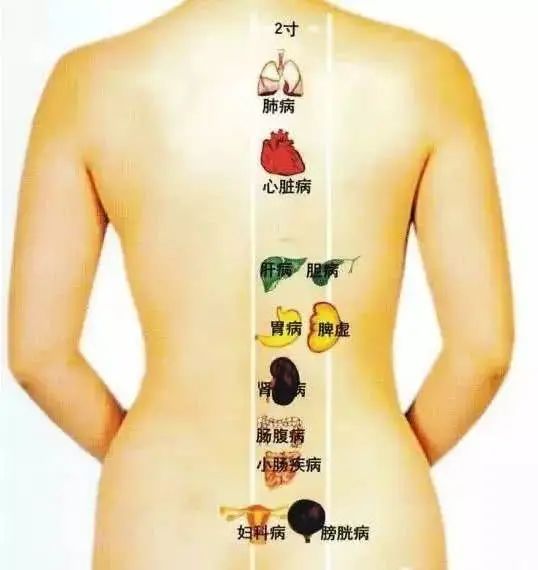
The Generative and Controlling Relationships of the Five Organs
Generative Relationships: The Liver generates the Heart, the Heart generates the Spleen, the Spleen generates the Lung, the Lung generates the Kidney, and the Kidney generates the Liver.
Controlling Relationships: The Liver controls the Spleen, the Spleen controls the Kidney, the Kidney controls the Heart, the Heart controls the Lung, and the Lung controls the Liver.
The Relationship Between the Five Organs and the Five Spirits
Five Spirits: Ethereal Soul (Hun), Spirit (Shen), Intention (Yi), Corporeal Soul (Po), Will (Zhi).
The five organs store: the Liver stores the Ethereal Soul, the Heart stores the Spirit, the Spleen stores Intention, the Lung stores the Corporeal Soul, and the Kidney stores Will (from the “Su Wen: On the Five Qi”). The five organs also generate five emotions: joy corresponds to the Heart, anger corresponds to the Liver, thought corresponds to the Spleen, grief corresponds to the Lung, and fear corresponds to the Kidney. These emotions develop into the seven emotions: joy, anger, grief, thought, worry, fear, and shock.
The Relationship Between the Five Organs and the Five Fluids
Five Fluids: Tears, Sweat, Saliva, Mucus, and Spittle
According to the “Su Wen: On the Five Qi”, “The five organs transform into five fluids: the Heart corresponds to Sweat, the Lung corresponds to Mucus, the Liver corresponds to Tears, the Spleen corresponds to Saliva, and the Kidney corresponds to Spittle, which are the five fluids.
The Relationship Between the Five Organs and the Five Orifices
Five Orifices: Eyes, Tongue, Mouth, Nose, and Ears.
The Liver opens to the eyes, the Heart opens to the tongue, the Spleen opens to the mouth, the Lung opens to the nose, and the Kidney opens to the ears.
The Relationship Between the Five Organs and the Five Tastes
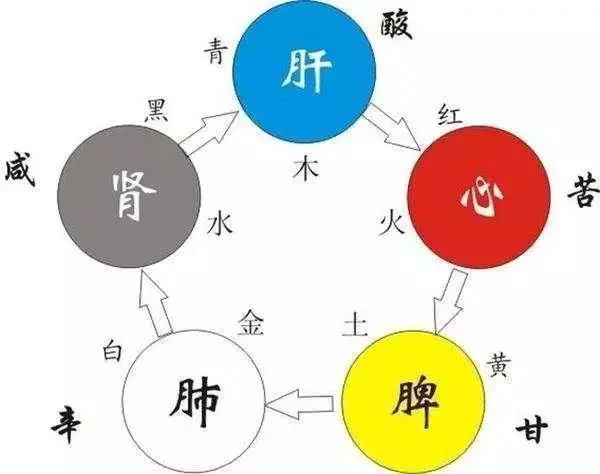
The Liver corresponds to Sour (affecting tendons), the Heart corresponds to Bitter (affecting blood), the Spleen corresponds to Sweet (affecting flesh), the Lung corresponds to Spicy (affecting qi), and the Kidney corresponds to Salty (affecting bones).
Emotional Interactions
Excessive anger harms the Liver, excessive joy harms the Heart, excessive thinking harms the Spleen, excessive worry harms the Lung, excessive fear harms the Kidney; anger causes qi to rise, joy causes qi to relax, grief causes qi to dissipate, fear causes qi to descend, cold causes qi to contract, heat causes qi to disperse, shock causes qi to become chaotic, overwork causes qi to deplete, thinking causes qi to stagnate; joy overcomes grief, grief overcomes anger, anger overcomes thought, thought overcomes fear, and fear overcomes joy.
Prolonged viewing harms blood (Heart), prolonged lying harms qi (Kidney), prolonged sitting harms flesh (Spleen), prolonged standing harms bones (Lung), and prolonged walking harms tendons (Liver).
The Relationship Between the Six Bowels and Health Preservation
1. Gallbladder (Dan): known as the official of decision-making.
Physiological functions: stores and excretes bile, the Gallbladder governs decision-making.
2. Stomach (Wei): known as the official of storage, when Stomach fire is excessive, hunger occurs quickly, and toothache corresponds to the Stomach meridian, the Neiting point;
Physiological functions: receives and digests food and fluids, the Stomach descends to harmonize.
3. Small Intestine (Xiao Chang): the official of receiving and storing essence;
Physiological functions: governs the reception and transformation of substances, separates the clear from the turbid, “the Small Intestine governs fluids”.
4. Large Intestine (Da Chang): the official of transmission, expelling waste, toothache corresponds to the Large Intestine meridian, the Hegu point and the Jaw point.
Physiological functions: transforms and excretes waste, the Large Intestine governs fluids.
5. Bladder (Pang Guang): the official of the reservoir, governs qi transformation.
Physiological functions: stores and excretes urine, relying on the qi transformation function of the Kidney.
6. San Jiao (Three Jiao): the official of regulation, governing the pathways of water, overseeing the five organs and six bowels and internal and external pathways;
Physiological functions: facilitates the flow of original qi, governs the mechanisms of qi and transformation, and serves as the pathway for the movement of fluids.

